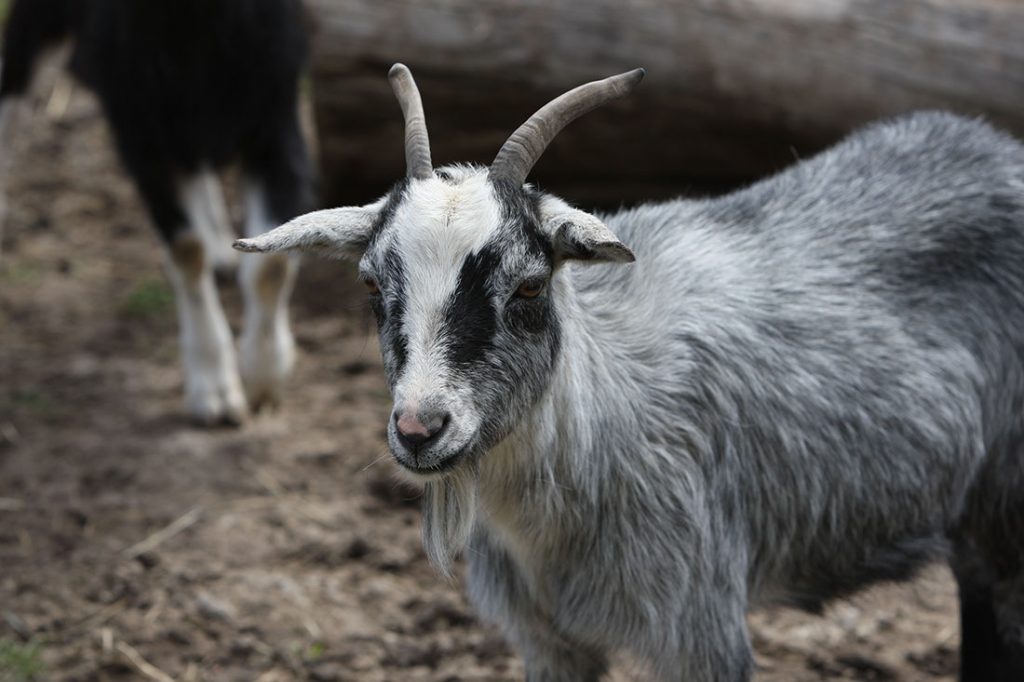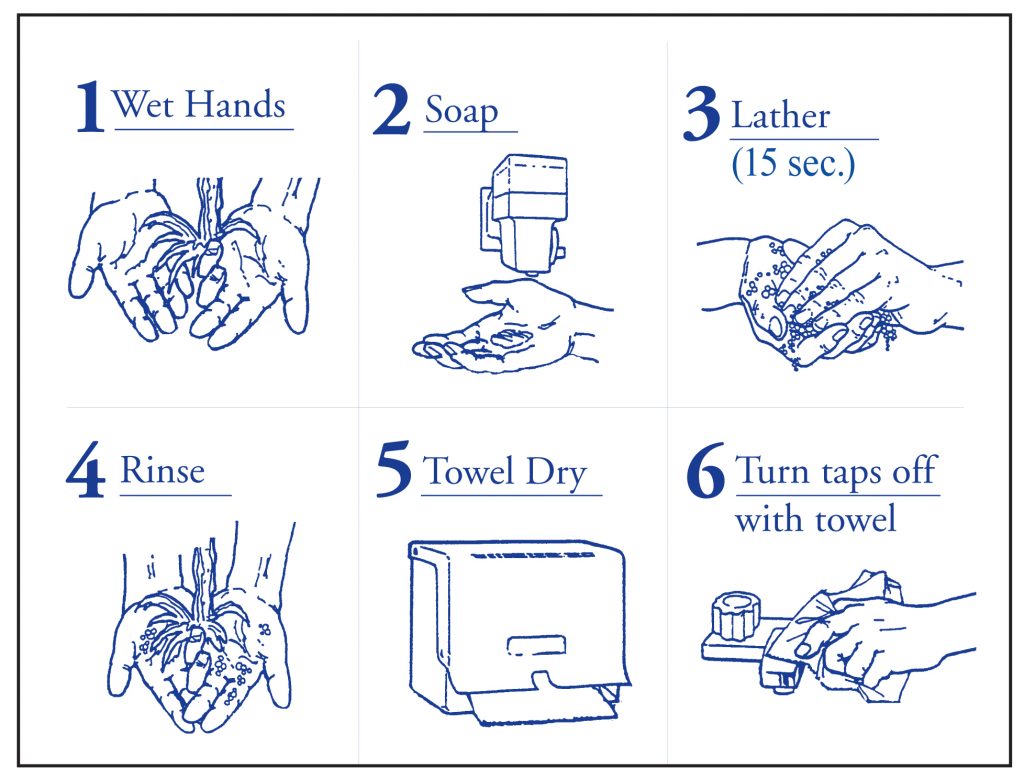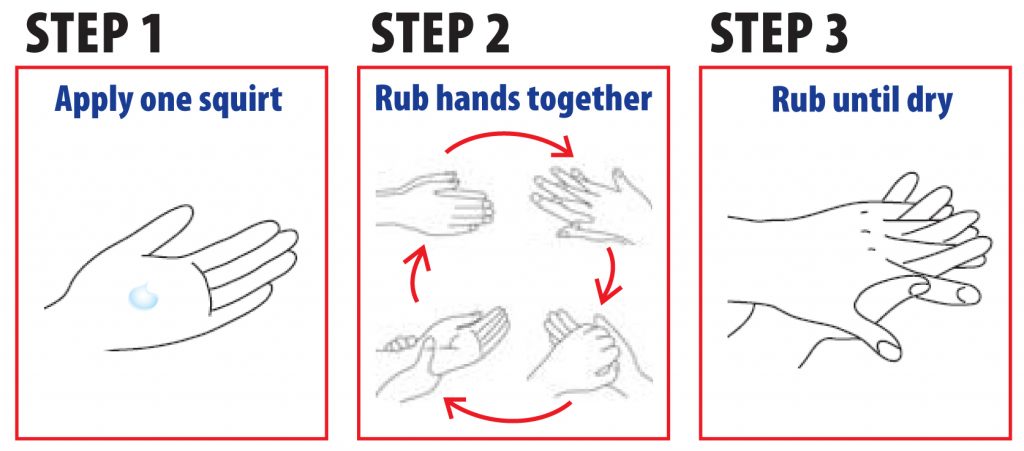How diseases spread from animals to people
Animals carry disease-causing germs and can pass them to people through their feces. Animals carrying disease often have no signs of being sick and can continue to release or shed germs into the environment.
Hand hygiene — the key to prevention
Improper hand hygiene is one of the main causes of disease outbreaks associated with animals in public places. Correct hand hygiene is the single most effective way to reduce the spread of disease.
Review correct hand-hygiene procedures with children, parents and adult supervisors:
Washing hands with liquid soap and water is the best way to reduce germs. If soap and water are not available, use an alcohol-based hand sanitizer.
Sanitizers do not eliminate ALL types of germs — always wash hands with soap and water as soon as possible after being in animal areas.
Before your visit
If you are arranging to visit animals in a public place, make sure you have an appropriate amount of adult supervisors, including parents and staff.
Determine if the facility you are visiting has:
- Handwashing facilities available and accessible to both children and adults
- Running water, liquid soap, paper towels or hand sanitizer
- Adequate staff supervising in the areas where animal contact is permitted
- An eating area that is separate from the animal area
During your visit
Practice good hand hygiene:
- After touching or feeding an animal
- After touching an animal’s environment (barriers, pens)
- Immediately upon leaving animal areas
- Before eating or drinking
- After removing soiled boots, shoes or clothing
- After using the toilet
General tips
- Do not take food, drinks, toys, pacifiers, spill-proof cups (sippy-cups) and baby bottles into animal areas
- Discourage kissing the animals or wiping hands on clothing
- Discourage hand-to-mouth activities while in animal areas (thumb-sucking, use of pacifiers, mouthed toys, water bottles, smoking, eating, drinking)
- Ensure there are an appropriate number of adult supervisors to keep a close eye on children
- Eat before your visit
- Hand wipes cannot be used in place of handwashing as they may not kill disease-causing germs
Safety Is Our Primary Concern
The health and safety of our guests, visitors and communities is our top priority. We will make every effort possible to keep our customers, our staff and our family safe by following the guidelines set by health professionals at the Government of Canada and Ontario Ministry of Health.
Here are some of the steps we will take to make sure we are all safe:
- Stay home when sick, travel only when necessary
- Reducing contact with others by following the guidance for self-monitoring, self-isolating, or isolating
- Practicing physical distancing and proper hygiene
- Learn about face coverings .
During the height of the COVID-19 pandemic, we responsibly limited reservations to the Petting Farm Activities to adhere to physical distancing requirements and help mitigate the virus’s spread. This restriction ensured visitors had ample space away from other groups in our spacious petting farm area, allowing them to interact with many animals. As restrictions have relaxed, we continue to prioritize your safety and well-being. Please note that, if circumstances require, we may reimplement some measures to ensure everyone’s health and security.
Thank you for your continued support and we wish you all good health and strength. Stay safe!



